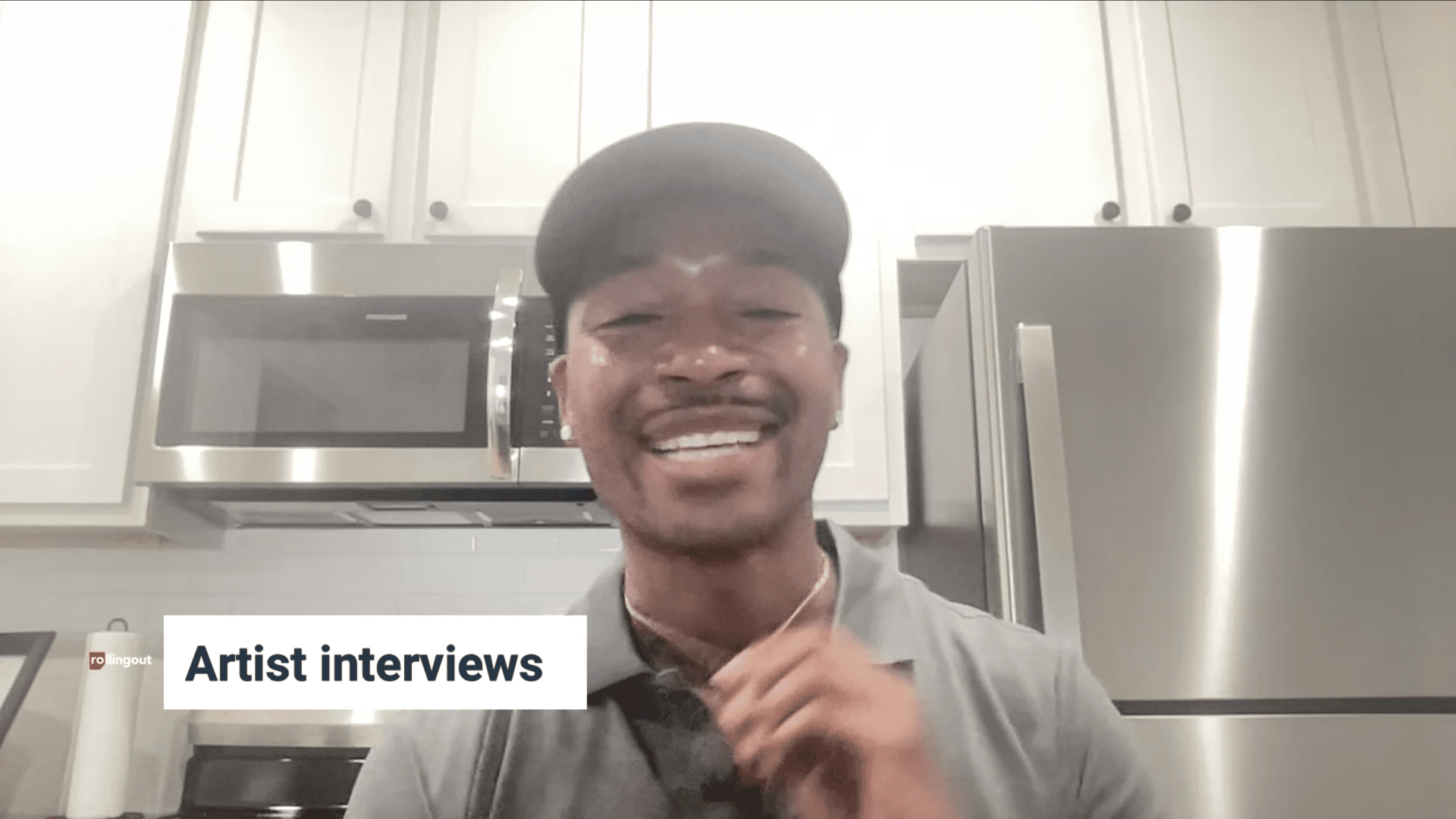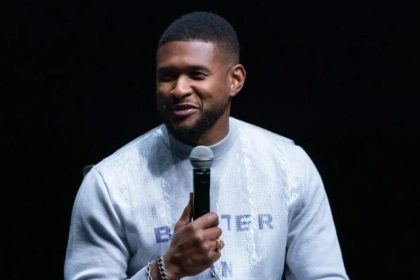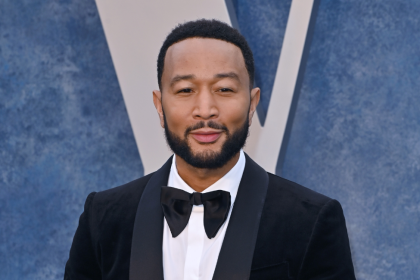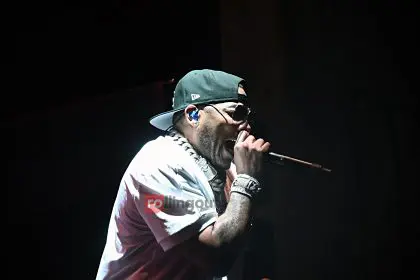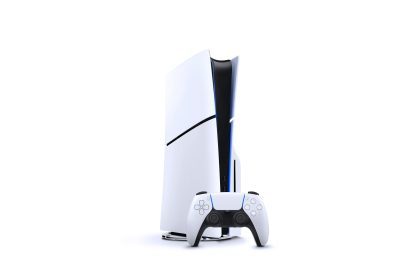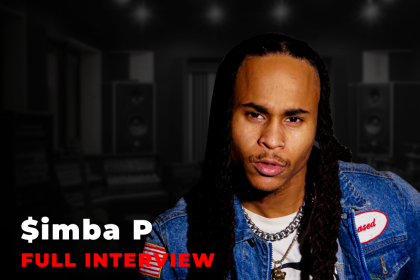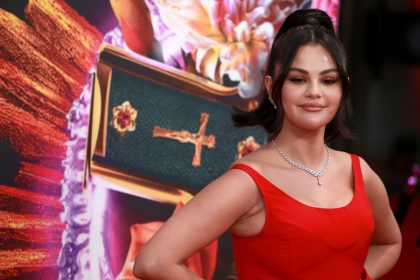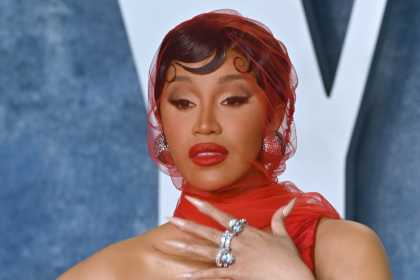In a surprising turn of events, rapper Chingy has decided to withdraw from a scheduled performance at a Donald Trump event, following significant criticism from fans and the public. This decision has sparked discussions about celebrity involvement in political events and the implications of such affiliations.
Background of the Controversy
Initially, Chingy was set to perform at a Trump rally in Nashville, TN, which was met with a wave of backlash from his fanbase and the broader community. Many expressed their disappointment and concern over his participation in an event associated with a polarizing figure like Trump. The rapper’s involvement raised eyebrows, especially considering the historical context of Trump’s policies and rhetoric toward the African American community.
Chingy’s Response to Criticism
On Sept. 23, Chingy took to social media to clarify his stance. In an Instagram comment, he stated, “I don’t want to be in the middle of the drama.” This statement was a clear attempt to distance himself from the event’s political implications and address his fans’ concerns.
Public Reaction
The backlash against Chingy was swift and intense. Many fans took to social media platforms to voice their disapproval, questioning his decision to perform at a Trump event. The criticism highlighted a broader conversation about the responsibilities of artists and public figures in aligning themselves with political movements and figures. Some fans felt that participating in such an event could undermine Chingy’s credibility and connection to the African American community.
The Importance of Artist Integrity
Chingy’s situation raises important questions about the integrity of artists in the face of political pressures. As public figures, artists often find themselves at the intersection of entertainment and politics. Their choices can significantly impact their careers and public perception. In recent years, many artists have taken a stand on social justice issues, using their platforms to advocate for change. Chingy’s decision to withdraw from the Trump event may reflect a desire to maintain his integrity and connection with his audience.
A Lesson in Public Perception
Chingy’s withdrawal from the Trump event reminds everyone of the complexities artists face in navigating their careers amidst political landscapes. While some may argue that artists should remain apolitical, the reality is that their choices can resonate deeply with their fanbase. As the conversation around celebrity involvement in politics continues, artists must consider the potential consequences of their affiliations.
Ultimately, Chingy’s decision to step back from the event may help him preserve his relationship with his fans and maintain his relevance in the ever-evolving music industry. The incident underscores the importance of understanding public sentiment and the impact of political associations on an artist’s career.
Who is Chingy?
Chingy, born Howard Bailey Jr., rose to fame in the early 2000s as a rapper and entertainer with his catchy party anthems and smooth flow. He made his major debut in 2003 with the smash hit single “Right Thurr,” which became a chart-topping success and established him as a prominent figure in the hip-hop and pop scene. His debut album, Jackpot, released under Ludacris’ Disturbing tha Peace label, went multi-platinum, fueled by popular singles like “Holidae In” and “One Call Away.”
Chingy’s laid-back delivery and catchy hooks were key to his mainstream appeal, earning him a strong fan base. He followed up with successful albums like Powerballin‘ (2004) and Hoodstar (2006), both of which included hit singles such as “Balla Baby” and “Pullin’ Me Back.” Despite facing some criticism for his lyrical content, Chingy remained a fixture on the charts during the height of his career.
However, by the late 2000s, his commercial success declined as the music landscape shifted. Chingy later focused on acting and television while continuing to release music independently. Despite ups and downs, his early hits remain iconic, making Chingy a memorable figure from the early 2000s hip-hop scene.

